Belonging & Engagement
We embrace all types of diversity as strength and as part of our commitment to excellence in our mission areas of patient care, research, and education.
Belonging & Engagement
We embrace all types of diversity as strength and as part of our commitment to excellence in our mission areas of patient care, research, and education.
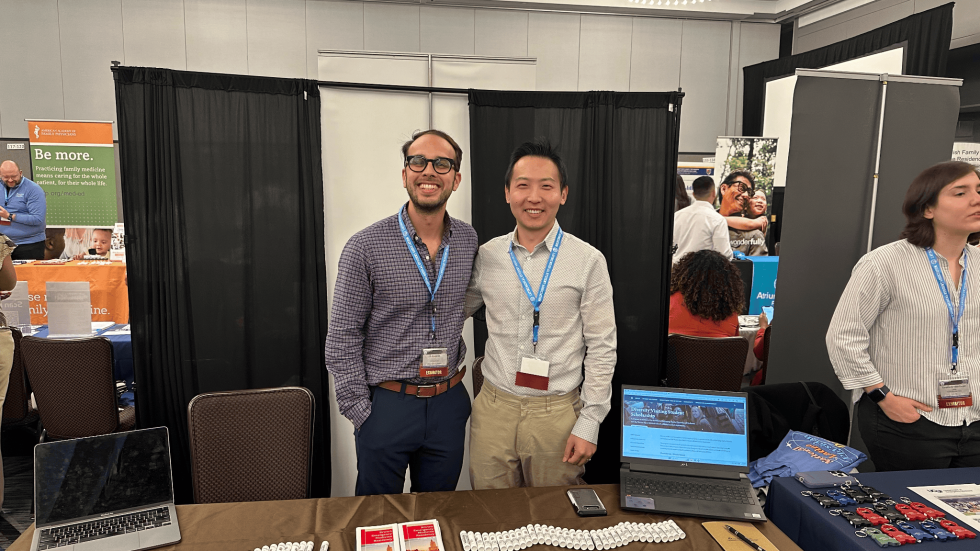
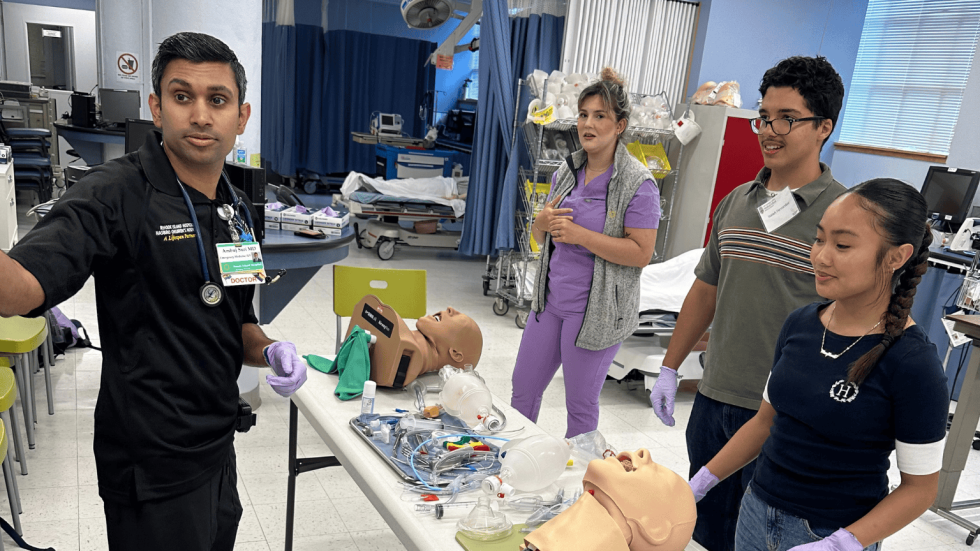
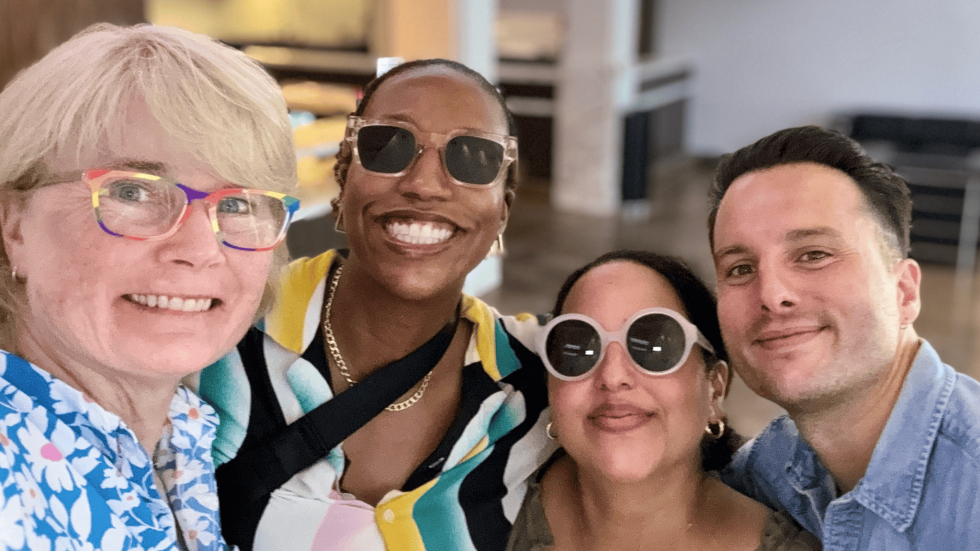

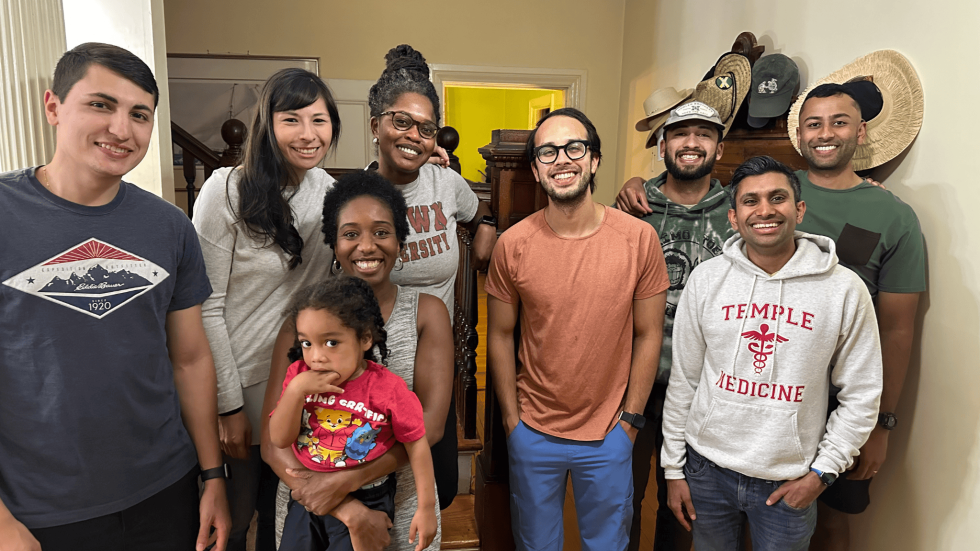
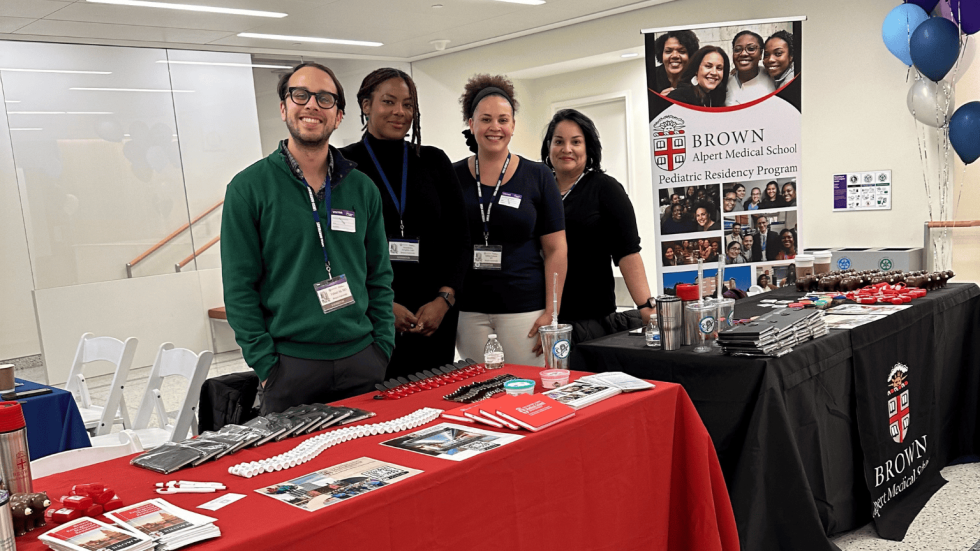
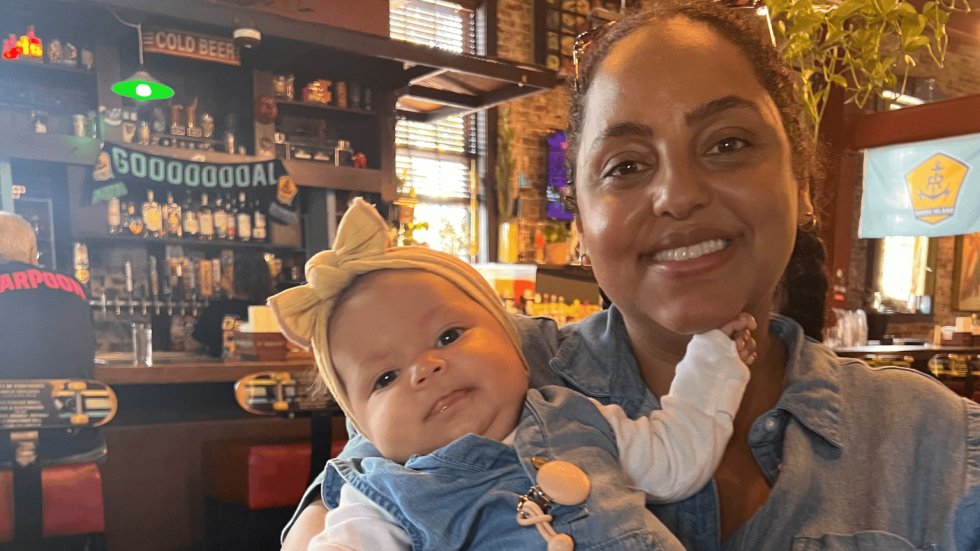
The Department of Emergency Medicine strives to create, maintain, and support a workforce that mirrors the diverse patient population we serve in Rhode Island. We recognize and embrace all types of diversity as strengths and as part of our commitment to excellence in our mission areas of patient care, research, and education. We believe that diversity in our faculty, residency, and fellowship programs is essential to the promotion of health equity for our patients and to our success as leaders in emergency medicine. Through our programming, initiatives, and affinity groups, we seek to foster a meaningful sense of belonging for all our providers and center the voices of people who have historically been marginalized in academic medicine. We strongly encourage applications from those who are under-represented in our specialty, including women, BIPOC individuals, people with disabilities, and LGBTQIA+ candidates.
Health Equity Leadership
-
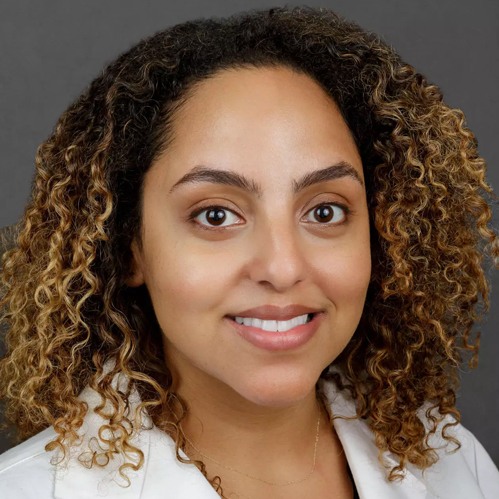
Almaz Dessie, MD
Director, Belonging & Engagement, Brown Emergency Medicine, Director, Pediatric Emergency Medicine Ultrasound Fellowship, Director, Pediatric Emergency Ultrasound, Associate Professor, Emergency Medicine -
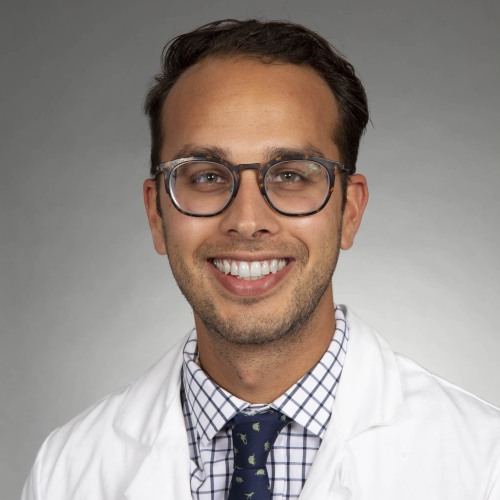
Fahad Ali, MD
Director, Health Equity Education & Recruitment; Assistant Professor, Emergency Medicine, Clinician Educator -
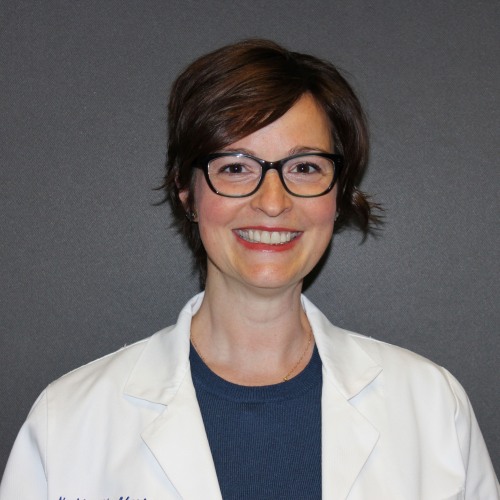
Nadine Himelfarb, MD
Director, Brown Emergency Medicine Women's Faculty Development Group (WoBEM), Assistant Physician Medical Director, Women & Infants Hospital Emergency Department , Associate Professor, Emergency Medicine, Clinician Educator -
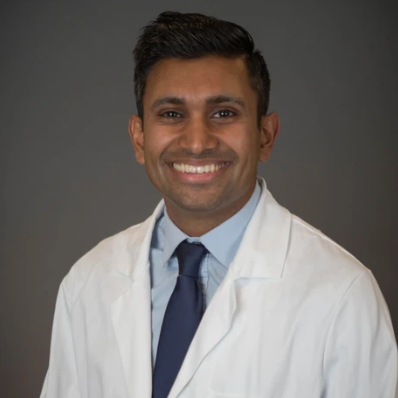
Ambuj Suri, MD
Chief Resident of Health Equity
Recruitment
The Department of Emergency Medicine is deeply committed to recruiting individuals with diverse experiences, perspectives, abilities, and backgrounds to enrich our clinical, research, training, and service missions.
Equity
Belonging Initiatives
Additionally, we partner with the Brown University Health hospital system's efforts to improving equity and belonging as well as the Warren Alpert Medical School’s numerous offerings to support faculty and trainees from all backgrounds including the Office of Women in Medicine and Sciences and the Office of Belonging, Equity, Diversity, and Inclusion (OBEDI). Many of our faculty and trainees participate in their programming including serving as mentors to students pursuing scholarly concentrations in relevant domains. We also are actively involved in the medical school's pathway programs, Mentoring and Educating Diverse Students and Trainees to Excel as Physicians (MEDSTEP).